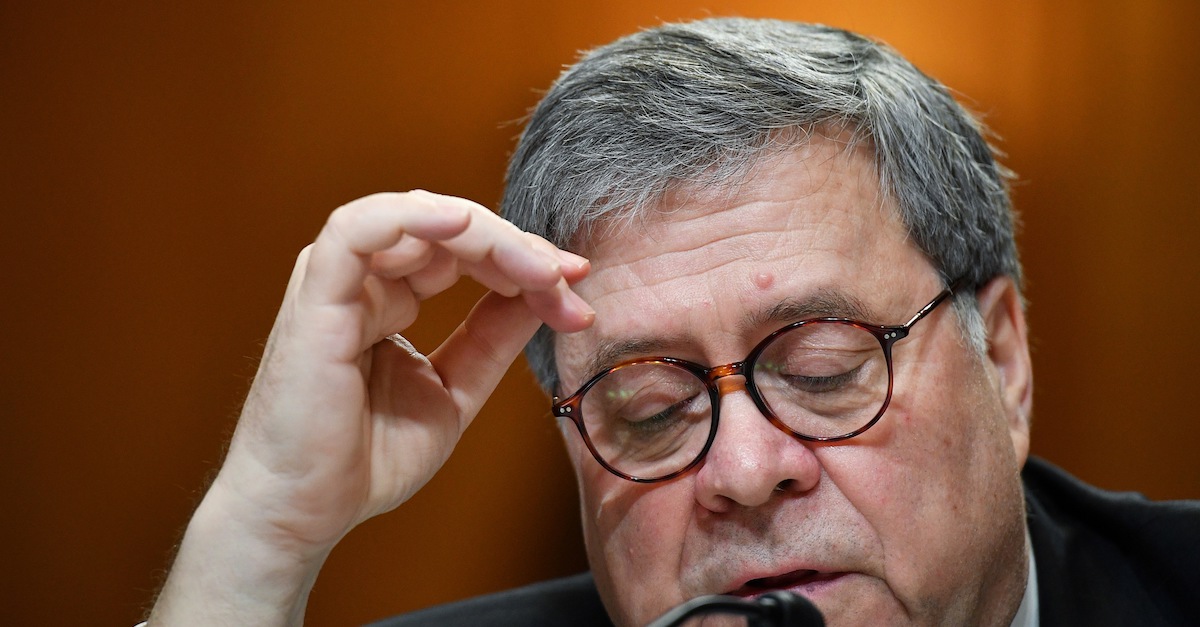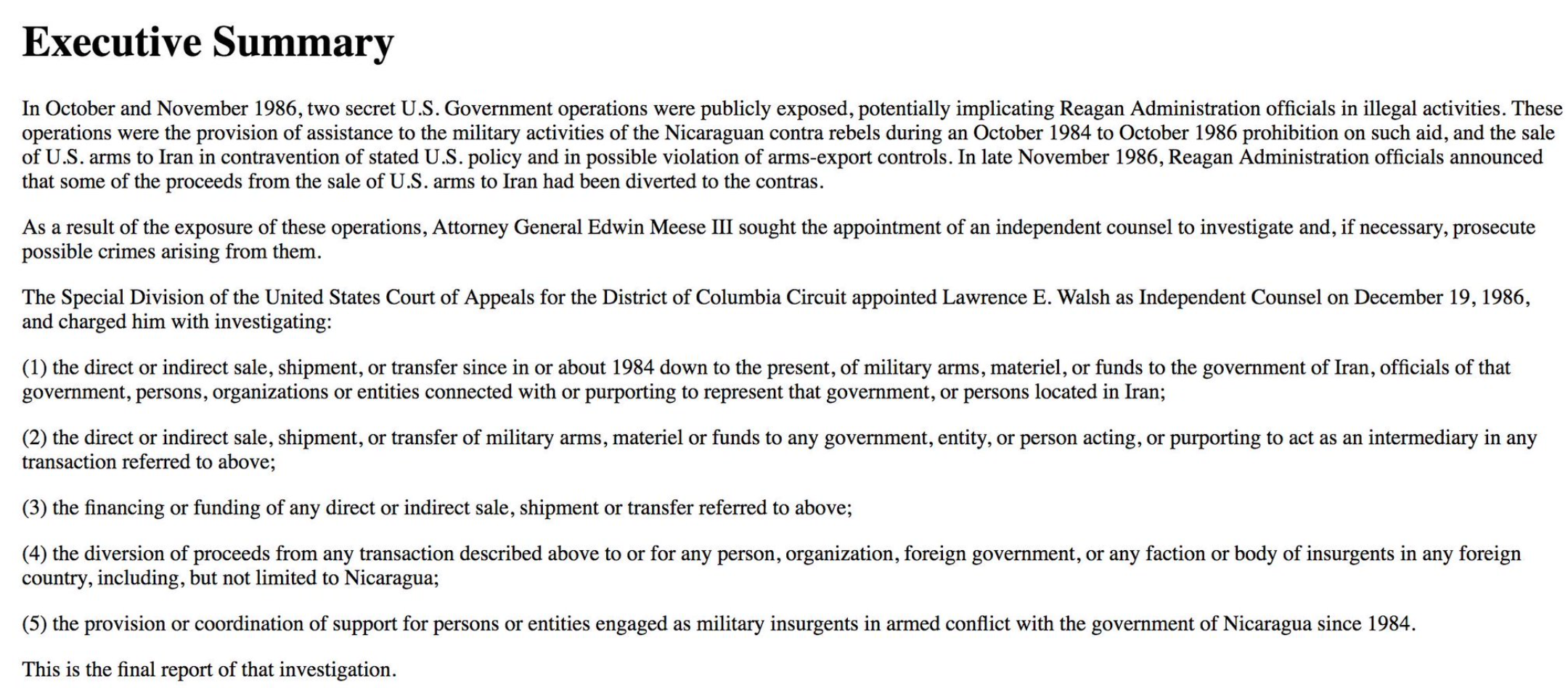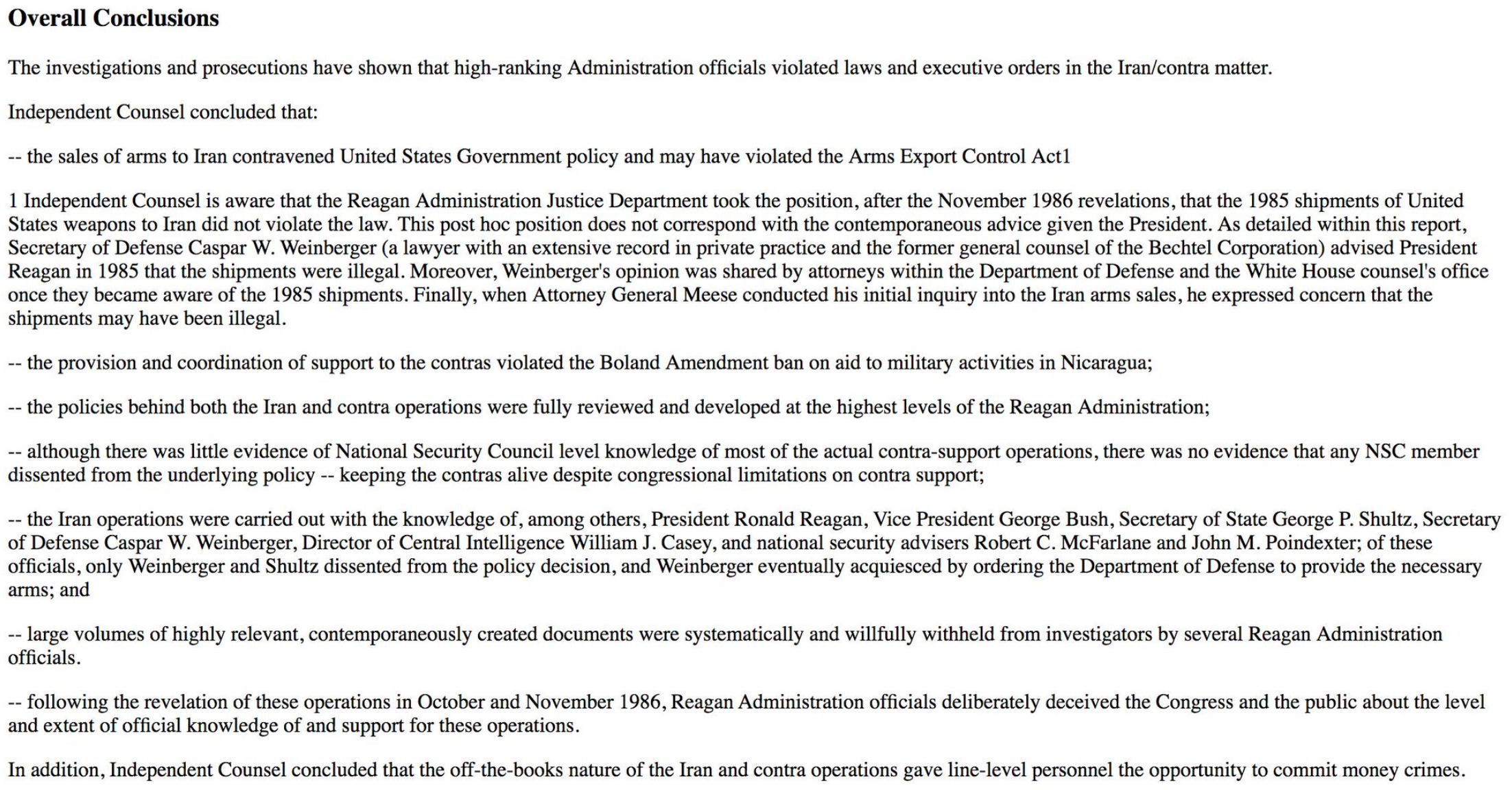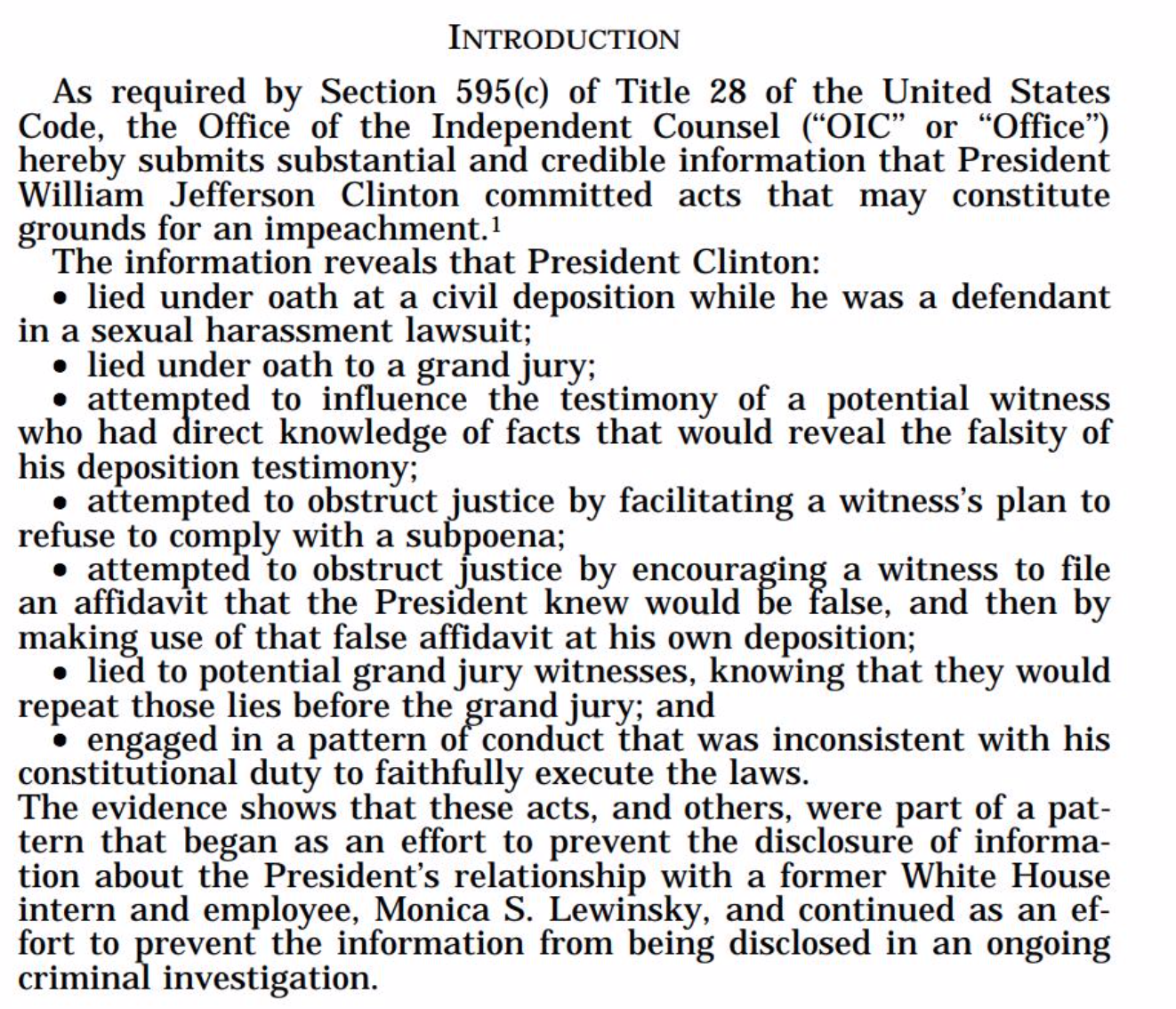
Rumblings in the press by unnamed members of Special Counsel Robert Mueller‘s team that Attorney General William Barr “failed to adequately portray the findings of their inquiry” in his four-page latter was bad enough, but the Tuesday revelation that Mueller himself sent Barr a letter expressing concerns is a next-level issue for the President Donald Trump‘s AG.
It should be no surprise that Democratic lawmakers have already called for Barr’s resignation, as–on the eve of scheduled testimony before Congress–it was reported that Mueller sent a letter to Barr to complain that the four-page letter on the “principal conclusions” of the Russia Report threatened to undermine the public’s confidence in the entire investigation.
Mueller’s words:
The summary letter the Department sent to Congress and released to the public late in the afternoon of March 24 did not fully capture the context, nature, and substance of this office’s work and conclusions. There is now public confusion about critical aspects of the results of our investigation. This threatens to undermine a central purpose for which the Department appointed the Special Counsel: to assure full public confidence in the outcome of the investigations.
A DOJ spokesperson confirmed that Mueller “expressed frustration over the lack of context” in Barr’s letter and concern about “the resulting media coverage regarding the Special Counsel’s obstruction analysis.” Former Department of Justice officials were quick to note that there is a term for what Mueller did here: “Going to paper.” Former U.S. Attorney Chuck Rosenberg remarked that one doesn’t “go to paper lightly.”
“You don’t want to box someone in or show them up. You go to paper when you want to make a record for the history books,” he explained. Well, one record for the history books that Mueller has essentially created here is a tension between Barr’s remarks before Congress and reality.
When Barr was grilled before Congress on April 10 about his letter–the one President Trump cited as proof of “complete and total exoneration”–he was asked a fairly straightforward question:
“Did Bob Mueller support your conclusion?” Sen. Chris Van Hollen of Maryland asked on April 10 before a congressional committee.
“I don’t know whether Bob Mueller supported my conclusion,” Barr responded.
Video of this exchange:
Barr’s letter went out on March 24. Mueller’s letter to Barr went out on March 27. The testimony above occurred on April 10.
Speaking of conclusions, Democratic lawmakers, lawyers, law profs and pundits have drawn theirs.
https://twitter.com/carriecordero/status/1123376036828213248
It’s worth noting as well a crucial detail also confirmed by the DOJ. Per the Washington Post:
The letter made a key request: that Barr release the 448-page report’s introductions and executive summaries, and it made initial suggested redactions for doing so, according to Justice Department officials.
Barr was criticized by Democrats for not even using a full sentence in his letter from Mueller’s report and mostly using his own words in the letter, while also saying that evidence “wasn’t sufficient” to prove an obstruction of justice offense beyond a reasonable doubt. Barr chose to do this instead of releasing Mueller’s executive summary. As Law&Crime reported before, executive summaries from past independent counsel investigations included damaging and embarrassing information.
Iran-Contra Executive Summary and Overall Conclusions Detailing Crimes


Ken Starr Details Multiple Grounds for Impeachment

Barr was also criticized for releasing this letter because the Special Counsel regulations did not say that he had do that (though they also did not prohibit it).
As soon as the Mueller report came out, it was clear that the report was more damaging than Barr had indicated. That Mueller asked for the release of his executive summary while expressing concerns about a lack of context speaks volumes.
What’s more, Mueller specifically noted in his report that is against DOJ policy to indict a sitting president, leading experts to opine that the obstruction volume of the report was “plainly an impeachment referral.” The representation of the report in Barr’s letter, critics have argued, spawned a narrative that indicated the opposite.
All of this is to say that you’re probably not having a good day when you are scheduled to testify before Congress and people are comparing you to Richard Nixon‘s Attorney General John Mitchell.
In prepared remarks released Wednesday, Barr said that he and Deputy Attorney General Rod Rosenstein “knew that we had to make this assessment [in the letter] because […] the prosecutorial judgment whether a crime has been established is an integral part of the Department’s criminal process.”
“Given the extraordinary public interest in this investigation […] I determined that it was necessary to make as much of it public as I could and committed the Department to being as transparent as possible,” he continued. “But it would not have been appropriate for me simply to release Volume II [about possible obstruction of justice] of the report without making a prosecutorial judgment.”
[Image via Mandel Ngan/AFP/Getty Images]
This is an opinion piece. The views expressed in this article are those of just the author.